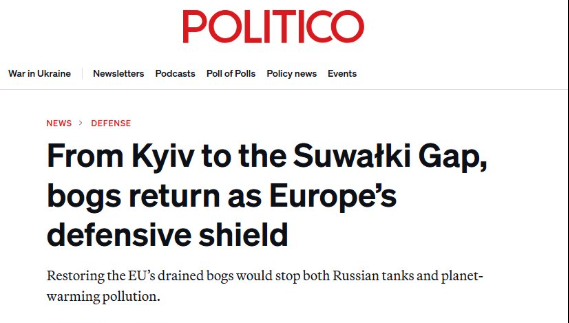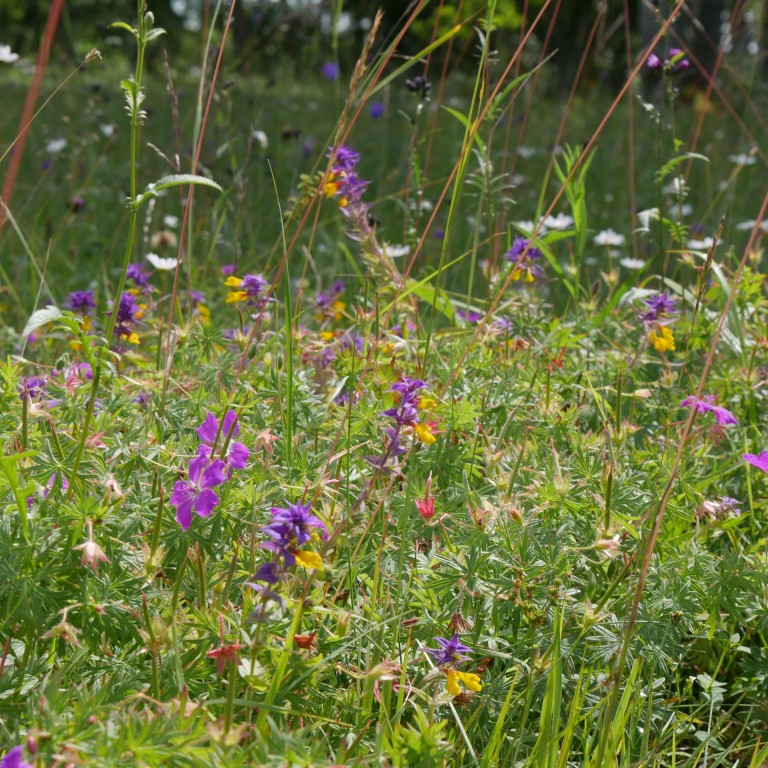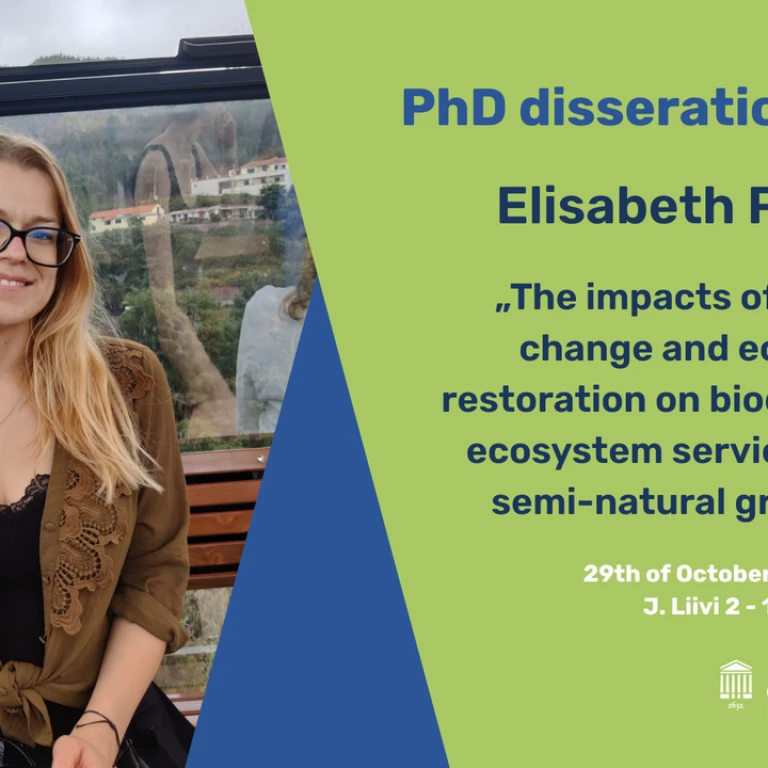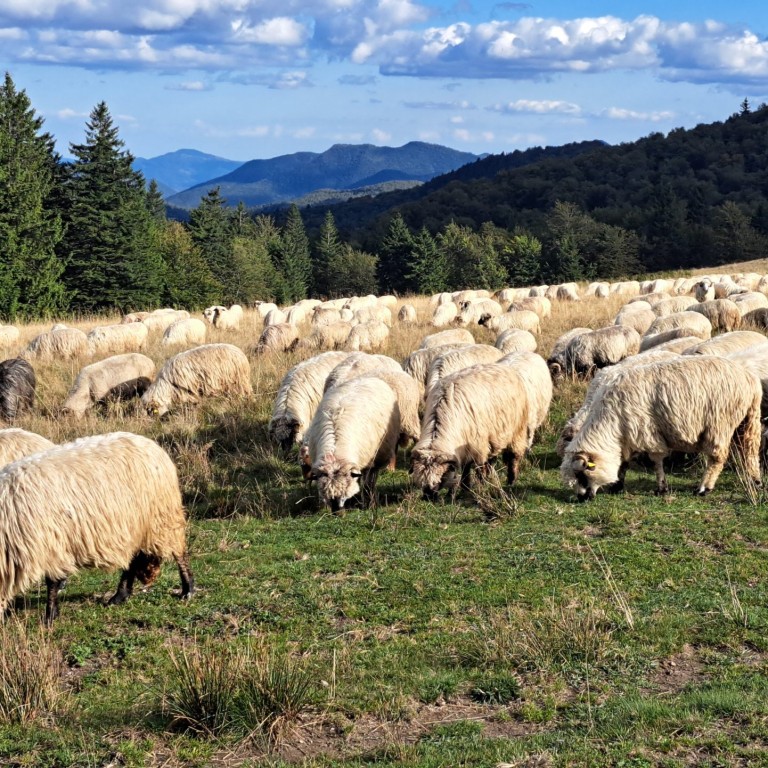Head of the Landscape Biodiversity Workgroup, Professor of Restoration Ecology Aveliina Helm, has in recent days contributed to several international media outlets, providing insights on the restoration of drained peatlands and reflecting on the key question: can nature restoration serve not only as a climate and biodiversity solution, but also as part of national defense?
In its live evening broadcast on Tuesday, 26 August, BBC World News featured Aveliina Helm speaking about the fourfold benefits of wetland restoration for climate, biodiversity, water resources, and defense. She emphasized that healthy wetlands act as carbon sinks, while drained ones release carbon into the atmosphere. Restored wetlands provide habitats for species that are increasingly losing space in Europe. They also play a vital role in balancing water regimes: acting like sponges, they retain water during droughts and reduce the risk of flooding during heavy rains. In addition, their strategic importance should not be overlooked – wetlands are treacherous terrain for adversaries and impassable for heavy machinery, yet for defenders familiar with the landscape they can be trusted allies.
The international news outlet Politico has published an in-depth analytical article in which Aveliina Helm reflected Estonia’s perspective on wetlands precisely at the intersection of security and nature conservation. The same theme was also covered by BFBS (British Forces Broadcasting Service) in a podcast featuring insights from Aveliina Helm as well as several defense experts on the role of landscapes in military planning.
"It is worth seriously considering how improving the state of nature could also strengthen Estonia’s defense capability. Healthy wetlands – and other natural ecosystems – have been our allies for centuries, and they can continue to be so in the future," sayd Aveliina Helm.




